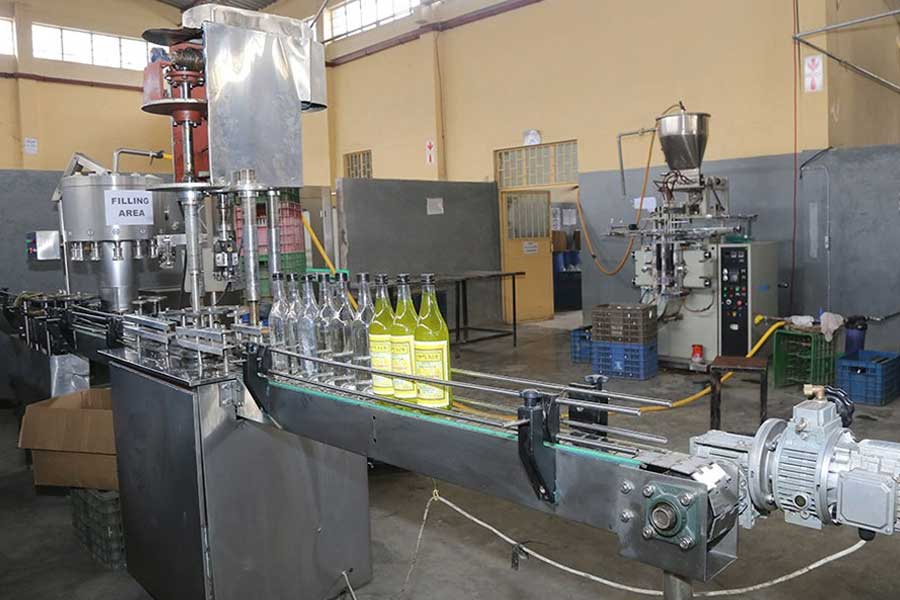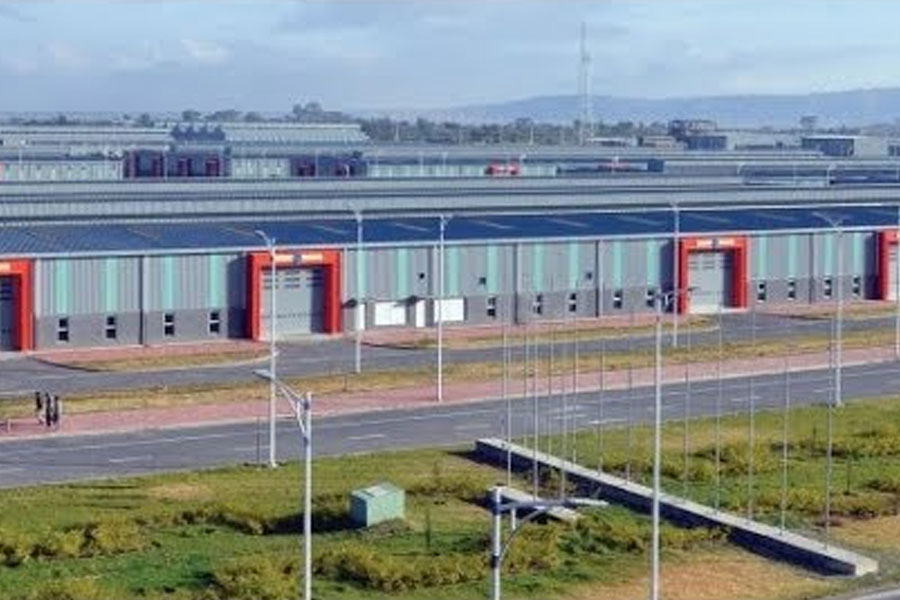
Editorial | Nov 02,2024
In the 1950s, following the Soviet Union’s successful launch of Sputnik 1, the first artificial satellite to orbit the Earth, an Australian schoolboy, Denis, sent an urgent letter to his country’s Air Force in an attempt to enter Australia into the space race. Much to the dismay of Denis, his letter addressed “To A Top Scientist” and consisting of a basic rocket ship design accompanied by instructions for engineers to “put in other details,” was accorded a cold shoulder. In 2009, the issue made the news after being featured on the website of the National Archives of Australia. He finally got a reply from the Australian Department of Defense more than half a century later.
This is an extreme example of the disdain institutions might have for feedback. At least in the case of Denis, he was a kid whose views are of little relevance to the Air Force. It is surprising when customers are treated in a similar manner.
Last week, after I invited a friend for coffee, I felt like Denis. Encouraged by the recent sprout of businesses in my neighbourhood, I insisted that we meet around my place to go to one among the many recently opened cafes. Before we met, I had to go to the bank to draw some money. I planned to leave my house at 5:30pm, with an extended route to the bank so I could stretch my legs with a walk. All went well until I arrived at the bank, a little before. The bank branch was closed.
Since I had nothing in my pocket, I pleaded with the guards to let me in and the door was opened. It was immediately apparent that the branch was mostly empty, obviously in a rush to leave early. As unhappy as I was, I struggled not to show it to the bank employees and later on to my friend.
It was as I hardly stopped contemplating about the prevailing intense competition among the local banks, with a relative abundance of talent, why it does not rub off among some of the industry’s jobholders. Later, I met my friend and started walking, looking for a cafe.
Then, we started reminiscing of what happened to the first application I sent following a vacancy with an NGO, ages ago. It is not because I succeeded that we repeatedly mentioned it, but the feedback I received from them. It was duly signed by its country director and sent to me through my postal address. It lifted my morale; I worked on the areas I had to improve and succeeded in joining another company that I served for a long time.
We selected a cafe and went in; it was full of melodrama. All the waiters were busy watching a programme on TV that was muted while shouting at each other. We never bothered to order anything other than bottled water.
The service industry stands on the pillars of being approachable, reaching out in a timely and responsive manner, striving to satisfy customers, diplomacy and courteousness. Stewardship in demonstrating accountability in all work responsibilities, exercising sound and ethical judgment when acting on behalf of one’s employer, showing commitment to work and to the consequences of own actions are all very important.
Everywhere I go, it looks like there was no communication of workers’ performance plans and periodic evaluation. Employees are rarely aware of why they are employed. This is disastrous, especially for companies at their early stage of growth that have not yet built up a brand.
Much of this can be addressed if these businesses' marketing was customer-centric, where feedback is critical in product design and how goods and services are delivered. No one wants to wait half a century for a business to respond to the needs of customers. They want their requests addressed now. Good feedback processing is the key.
PUBLISHED ON
Mar 26,2022 [ VOL
22 , NO
1143]


Editorial | Nov 02,2024

Radar | Mar 27,2021

Fortune News | Feb 26,2022

Verbatim | Aug 21,2021

Radar | May 26,2021

Commentaries | May 29,2021

Fortune News | Oct 18,2025

Agenda | Sep 26,2021

Fortune News | Apr 03,2021

Radar | Nov 27,2021

Dec 22 , 2024 . By TIZITA SHEWAFERAW
Charged with transforming colossal state-owned enterprises into modern and competitiv...

Aug 18 , 2024 . By AKSAH ITALO
Although predictable Yonas Zerihun's job in the ride-hailing service is not immune to...

Jul 28 , 2024 . By TIZITA SHEWAFERAW
Unhabitual, perhaps too many, Samuel Gebreyohannes, 38, used to occasionally enjoy a couple of beers at breakfast. However, he recently swit...

Jul 13 , 2024 . By AKSAH ITALO
Investors who rely on tractors, trucks, and field vehicles for commuting, transporting commodities, and f...

Oct 18 , 2025
The political establishment, notably the ruling party and its top brass, has become p...

Oct 11 , 2025
Ladislas Farago, a roving Associated Press (AP) correspondent, arrived in Ethiopia in...

Oct 4 , 2025
Eyob Tekalegn (PhD) had been in the Governor's chair for only weeks when, on Septembe...

Sep 27 , 2025
Four years into an experiment with “shock therapy” in education, the national moo...